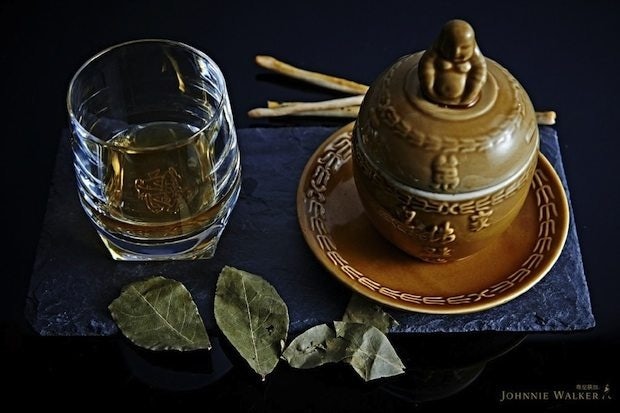
As the Chinese government’s crackdown on lavish official spending and corruption continues unabated in its second year, there’s no doubt that wine and spirits has been one of the hardest-hit sectors. However, some brands may have what it takes to weather the storm more than others.
Last week, top global drinks companies Pernod Ricard, Diageo, and Rémy Cointreau all reported a continued decline in China sales that has persisted through the government’s anti-graft campaign. Some brands in sectors geared more toward individual consumers such as fashion or beauty have managed to maintain solid growth rates, but drinks brands’ high-end spirits used frequently for official gifting and banquets have been unable to avoid a China sales dive over the past year.
In April, Johnnie Walker producer Diageo reported that its sales had dropped by almost one fifth in the Asia-Pacific region in the third quarter of its fiscal year, shoving its organic net sales to a 1.3 percent decline. Not long after, Pernod Ricard reported that its sales growth was flat in the three months to March 31 this year, mainly as a result of destocking in China. Meanwhile, Rémy Cointreau reported that its cognac sales had fallen by 32.3 percent in the fourth quarter as a result of the austerity drive.
In order to cope with the ongoing China slump, these brands have been taking up a variety of strategies to salvage sales in the country, such as promoting mid-range brands and marketing to younger drinkers.
However, Diageo and Pernod Ricard may have a stronger advantage in nursing their “China hangover,” according to a recent Reuters analysis. Since Rémy’s product line is comparatively high-end with fewer mass options, the company has been struggling to find alternate sources of revenue now that top-shelf spirits are laying untouched:
Remy is the most exposed of the three purely in terms of the percentage of sales in China, which resulted in overall sales falling, while Pernod and Diageo managed to maintain slight organic growth at the group level. We believe Remy's product range constrains its possibilities to rapidly adjust to changing consumption.
Remy's China business is focused on the premium and ultra-premium end of the market and the company has not launched any lower priced cognacs because of the risk that they could damage its brand image in the country. We also do not believe the company has the firepower to quickly develop its other non-cognac brands and diversify its product offering in China.
Meanwhile, Chinese high-end drinks brands aren’t doing much better. According to a new China Daily article about top baijiu companies, Moutai’s staff has shrunk from 100 to 40 employees in the past two years, and Wuliangye’s recent annual financial report revealed that revenues have dropped by 9.13 percent. The article states that many baijiu dealers are turning to cheaper brands or “religion-related” gifts to stay afloat.
Whatever these brands do, they’re going to have to prepare something for the long haul if they want to recover in China: the anti-corruption campaign is officially set to last five years.